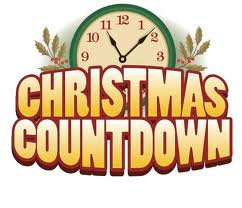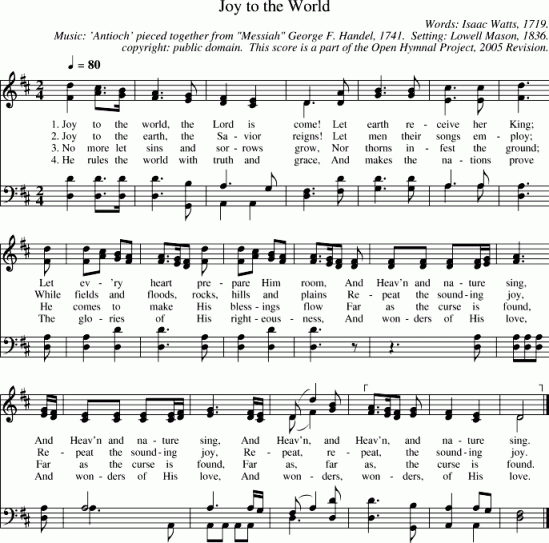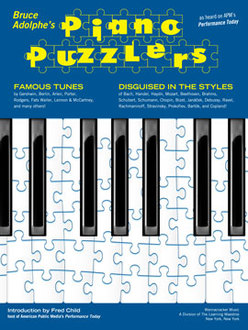
. 1759 ~ George Frideric Handel, organist, violinist and composer, died. Among his best-known oratorios are “Saul,” “Israel in Egypt” and the “Messiah”.
. 1900 ~ Salvatore Baccaloni, Opera singer
. 1922 ~ Soprano Jeanette Vreeland sang the first radio concert from an airplane as she flew over New York City.
. 1922 ~ Ali Akbar Khan, Indian composer and maestro sarod player
. 1924 ~ Shorty Rogers (Milton Rajonsky), Musician: trumpet, bandleader, songwriter, composer, arranger
. 1933 ~ Buddy Knox, Singer
. 1933 ~ Morton Subotnick, American composer of experimental music
. 1935 ~ Loretta Lynn, American country music singer, songwriter and guitarist, first woman to earn the CMA’s Entertainer of the Year award; named ACM Artist of the Decade in 1979
. 1941 ~ Hildegarde recorded the standard Darling Je Vous Aime Beaucoup on Decca Records. Hildegarde was the elegant singer with the long white gloves who was accompanied by the Harry Sosnik Orchestra. It took another 14 years, but Nat ‘King’ Cole turned the song into an even bigger hit, landing at number 7 on the pop music charts.
. 1951 ~ Julian Lloyd Webber, British cellist
. 1958 ~ Pianist Van Cliburn was presented on national TV for the first time on NBC’s The Tonight Show with Jack Paar.
. 1958 ~ Laurie London reached the top spot on the music charts with He’s Got the Whole World in His Hands, knocking Perry Como’s Catch a Falling Star down a peg or two.
. 1960 ~ The musical Bye Bye Birdie opened at the Martin Beck Theatre in New York City. Chita Rivera and Dick Van Dyke starred in the Broadway show which ran for 607 performances.
. 1967 ~ Herman’s Hermits, featuring lead singer Peter Noone, went gold with the single, There’s a Kind of Hush. It was a two-sided hit, with the flip-side, No Milk Today, also receiving considerable play. Hush, however, was a top five song, while the ‘B’ side just made it into the top 40 at number 35.
. 1995 ~ Burl Ives, Oscar-winning actor and singer whose gentle voice helped popularize American folk music, died. He played powerful dramatic roles in movies including “The Big Country,” for which he won an Academy Award for best-supporting actor, and “Cat on a Hot Tin Roof.”
. 1999 ~ Anthony Newley, British actor and singer-songwriter (Doctor Dolittle; Goldfinger theme; Willy Wonka score), died at the age of 67
. 2007 ~ Don Ho, American musician (b. 1930)
. 2013 ~ Sir Colin Davis, English conductor (NY Met 1967-71), died at the age of 85
. 2015 ~ Percy Sledge, American soul singer (When A Man Loves A Woman), died at the age of 73








